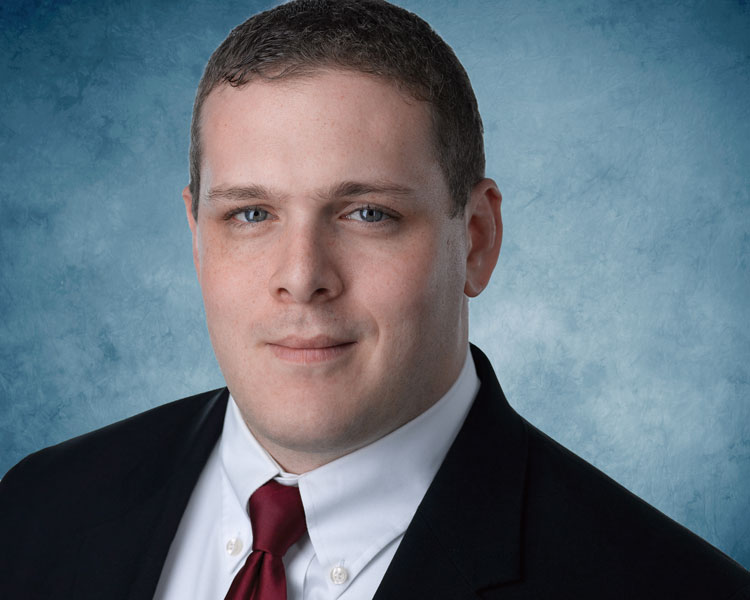Lawyers have enhanced duty of confidentiality when engaging in public commentary

Ellen Murphy: “The ABA has been clear that information related to the client representation, even if in the public record, is confidential client information.” Photograph courtesy of Wake Forest University School of Law.
Lawyers should be mindful of the duty of confidentiality when they engage in public commentary, including blogs, website postings, tweets, informational videos, webinars, podcasts and other more traditional formats, according to a formal ethics opinion from the ABA Standing Committee on Ethics and Professional Responsibility released in March.
Formal Opinion 480 explains that lawyers communicating about legal topics in public commentary must comply with the ABA Model Rules of Professional Conduct, including Rule 1.6(a) which says: “A lawyer shall not reveal information relating to the representation of a client unless the client gives informed consent, the disclosure is impliedly authorized in order to carry out the representation, or the disclosure is permitted by paragraph (b).”
WHEN THE DUTY APPLIES

Josh Blackman: “If it is a matter of public record, then an attorney should not have to seek his or her client’s consent to publicize it.” Photograph courtesy of South Texas College of Law Houston.
This duty of confidentiality is broad and includes all information related to the representation, not just what’s learned directly from the client. The reach of this rule is much broader than the attorney-client privilege or the work product doctrine.
“The committee acknowledges that new technologies ‘have altered how lawyers communicate’ and ‘may raise unexpected practical questions,’ ” says Ellen Murphy, who teaches professional responsibility at the Wake Forest University School of Law. “It is these practical questions on which guidance is needed.”
The opinion places significance on the fact that the duty of confidentiality applies even to information “contained in a public document or record.” The opinion explains that “the duty of confidentiality extends generally to information related to a representation whatever its source and without regard to the fact that others may be aware of or have access to such knowledge.”
“The salient point is that when a lawyer participates in public commentary that includes client information, if the lawyer has not secured the client’s informed consent or the disclosure is not otherwise impliedly authorized to carry out the representation, then the lawyer violates Rule 1.6(a),” the opinion continues.
Some legal experts agree with the opinion’s emphasis on describing the broad nature of a lawyer’s duty to protect confidential client information.
“An attorney’s duty of confidentiality to his client is a foundational component of the attorney-client relationship,” says Kelly Rains Jesson, an attorney in Charlotte, North Carolina, who co-authored a Campbell Law Review article cited in the ABA ethics opinion.
“As the opinion advises, there is no doubt that attorneys need to be cautious about violating Rule 1.6 on social media when posting about a case without client consent, no matter the nature of or source of the information,” Jesson adds.
“The lawyer’s overriding obligation is to say and do nothing to harm the client’s interests, defined broadly to include the client’s case outcome, the client’s reputation-based concerns, and the client’s desire for privacy,” says ethics expert Lara Bazelon, who teaches at the University of San Francisco School of Law.
This article was published in the May 2018 issue of the ABA Journal with the title "Client Consent Is Key: Lawyers have an enhanced duty of confidentiality when engaging in public commentary".



